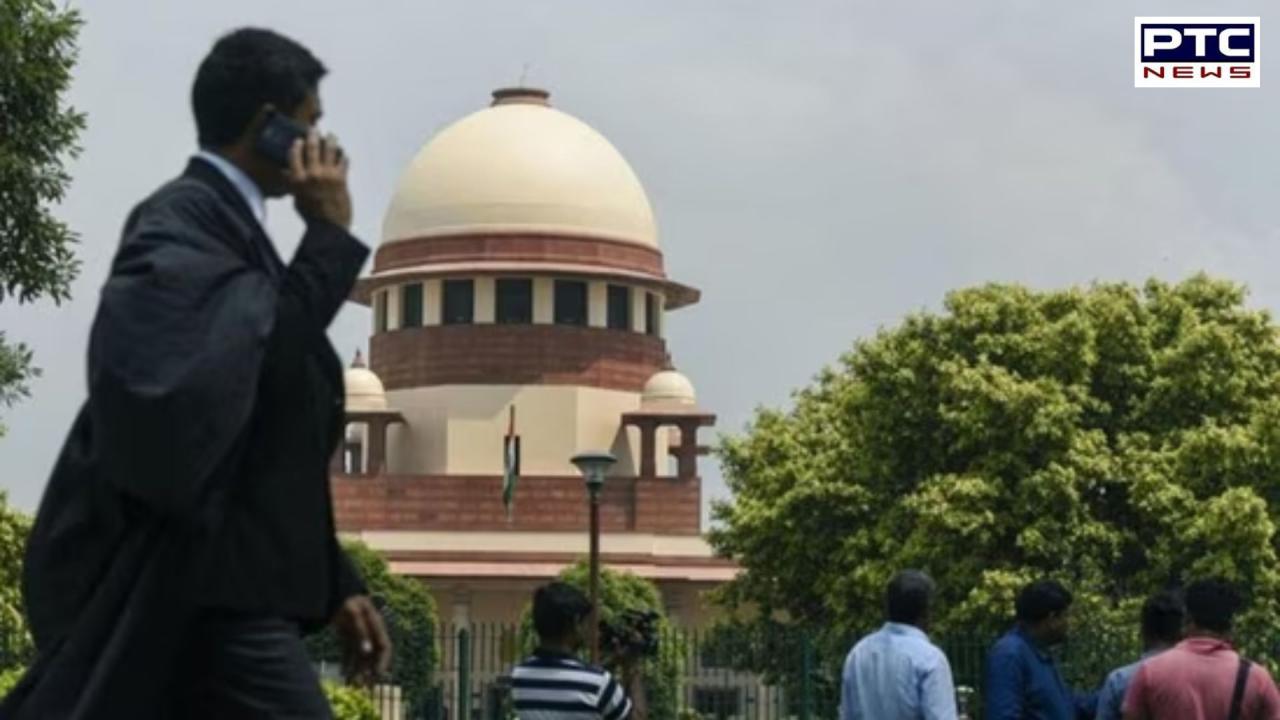

'Nation can't wait for another tragedy to enact real changes': Supreme Court
SC on Kolkata horror case: In a high-profile hearing on the Kolkata rape-murder case, the Supreme Court emphasised that the nation cannot afford to wait for another horrific incident to drive meaningful reforms. Led by Chief Justice DY Chandrachud, the bench expressed strong dissatisfaction with the West Bengal government and the RG Kar Medical College and Hospital's handling of the case, particularly criticizing delays in filing the FIR (First Information Report) and other procedural mishandlings.
Chief Justice Chandrachud highlighted the vulnerability of medical professionals to violence, particularly female doctors who face heightened risks due to entrenched patriarchal biases. “As the workforce increasingly includes women, we cannot wait for another tragedy to enact real changes,” CJI Chandrachud stated during the proceedings.
The taskforce shall look into safety, wellbeing of medical professional and other cognate matters highlighted. the NTA shall consider following to prepare action plan: prevent gender based violence, prepare national plan to prepare dignified working of interns, resident, non resident doctors:
1. Areas of emergency room may need additional security
2. Baggage screening needed to prevents arms from entering
3. Not allowing persons beyond a limit if they are not patients
4. Security to manage crowd
5. To have rest rooms for doctors and gender neutral spaces for resting of doctors, nurses
6. Such areas to have biometrics and facial recognition
7. Proper lighting of all areas, installation of CCTV in all places
8. Transport from 10 pm to 6 am for medical professions
9. Conducting workshops for handling grief and crisis
10. Quarterly audits of institutional safety measures
11. Establishing police force commensurate with footfall
12. POSH Act applies to medical establishments thus ICC to be constituted.
13. Helpline number to be there for emergency of medical professions
The Supreme Court's scrutiny focused on the delays and procedural lapses surrounding the case of a 31-year-old post-graduate trainee doctor from Kolkata’s RG Kar Medical College and Hospital, who was brutally raped and murdered on August 9. The incident has ignited widespread protests and raised serious concerns about women's safety in medical institutions.
The bench, which includes Justices JB Pardiwala and Manoj Misra, questioned the hospital and local authorities about their actions following the incident. They expressed concerns over the delay in registering the FIR—filed three hours after the body was handed over for cremation. “Why was the FIR registered only at 11:45 pm when the body was handed over for cremation at 8:30 PM?” the court inquired.
During the hearing, Chief Justice DY Chandrachud and other justices sought clarity on the timeline and actions taken by hospital officials and the police. Kapil Sibal, representing the West Bengal government, indicated that the initial FIR was filed by the victim's father at 11:45 PM, with subsequent involvement from the hospital’s Vice Principal. The Chief Justice questioned why the FIR was not registered sooner, especially given the serious nature of the crime.
Justice Pardiwala probed into the specifics of the FIR's timing and the roles of the individuals involved. He questioned the involvement of the hospital’s principal and board during this critical period.
Sandip Ghosh, the former principal of RG Kar Medical College, resigned shortly after the incident and has faced intensive questioning by the CBI over the past four days. Despite his resignation, Ghosh was reassigned to another medical college, prompting further criticism. The Calcutta High Court has since instructed the West Bengal Health Department to refrain from appointing Ghosh to any other medical institution until further notice.
The Supreme Court’s intervention underscores the urgent need for reforms in how such cases are handled and highlights the broader issue of violence against medical professionals. The case continues to prompt debate and demand for systemic changes to improve safety and procedural efficiency in handling such grave matters.
- With inputs from agencies
